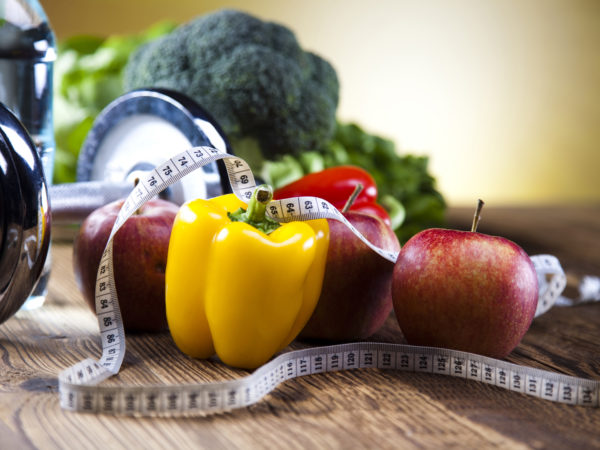Does Soy Promote Weight Gain?
I am a vegetarian. I’ve been gaining weight and have been told by a nutritionist that the soy in my diet is acting as an endocrine blocker, not allowing the rest of my food to metabolize. Is this possible? What can I do to obtain the protein I need to stay healthy?
Andrew Weil, M.D. | March 10, 2005

In some people, a high intake of soy can block thyroid function, but this usually occurs only if you already have a thyroid disorder. If you’re concerned about your thyroid, ask your physician to do thyroid function tests. If results show that your thyroid is working normally, there’s no need to worry about your soy intake. Even people who have low thyroid function can eat soy providing that their thyroid medication is adjusted to take into account their soy intake.
As a vegetarian, your protein consumption should not be a problem. I recommend that everyone divide daily calories as follows: 40 to 50 percent from carbohydrates (including vegetables, fruit, whole grains, starchy roots and tubers, and legumes), 30 percent from fat, and 20 to 30 percent from protein. This will give you more than enough protein, between 80 and 120 grams, if you’re consuming 2,000 calories per day.
You may have heard that vegetable sources of protein are “incomplete” and become “complete” only when correctly combined. We now know that it isn’t necessary to put together some magical combination of foods at each meal to get adequate protein. You’ll do well if you eat a balanced diet with lots of fruits and vegetables, legumes, nuts, seeds and soy foods.
If you’re eliminating dairy products, make sure you’re getting adequate calcium by eating green vegetables such as collards, mustard greens and kale, calcium-fortified soy milk and orange juice, as well as tofu processed with calcium sulfate. If you eat no animal foods, make sure you get enough vitamin B12 from fortified soy milks or cereals or by taking a supplement. Other nutrients sometimes deficient in a vegetarian diet are zinc and iron. You’ll absorb these minerals best by eating foods high in vitamin C in the same meal. Cereals, grains, legumes, dates, prunes, raisins and greens provide iron, and you can get zinc from leavened breads, legumes, nuts and spinach.
As far as your weight is concerned, pay attention to the number of calories you consume daily, and make an effort to replace high-fat foods with low-calorie ones like vegetables. Avoid carbohydrates that deliver high glycemic loads, in order to avoid spikes in your blood sugar that can lead to increased insulin production and conversion of calories to fat.
And, of course, be sure to get regular exercise.
Andrew Weil, M.D.










